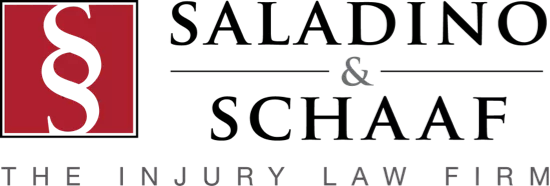Driver fatigue is a growing issue in the United States. Research shows that drivers who are fatigued may exhibit many of the same symptoms as a drunk driver, including delayed reaction time, lapses in concentration, and impaired judgment. A troubling trend has subsequently emerged in the rideshare industry. Many Uber and Lyft drivers are working dangerously long shifts, resulting in a spike in rideshare accidents.
USA Today recently reported that an Uber driver in Utah drove for 20 consecutive hours and drivers in the Seattle area are reported to work in excess of 16 consecutive hours. Across the country, these drivers are taking advantage of surges and spikes in the amount of money they can earn. This puts not only other drivers at risk but also the safety and well-being of their passengers.
At the time of this writing, Uber vehicles currently do not fall under the definition of passenger-carrying vehicles, which makes them exempt to the Federal Motor Carrier Safety Administration (FMCSA) rules limiting passenger-carrying vehicles to 10 hours of driving following 8 consecutive hours off duty. Lyft has reportedly limited their drivers to 14 hours of being logged into the app with a 6 consecutive hour break between. While this may be a start, a 14-hour workday is still a long and troublesome amount of time for a driver to be on the road.
The National Highway Traffic Safety Administration (NHTSA) estimates that over 100,000 car accidents are caused by fatigued drivers every year. Many states have created campaigns to alert drivers to the dangers of driver fatigue, and some car companies have implemented alerts for drivers to take a break when their car has been in operation for a long period of time without breaks or the driver crosses over the traffic lines. Wrecks caused by fatigued drivers are more likely to be caused by teenagers, those who work long shifts, and those working odd hours.
Driver Fatigue a Form of Negligence
Drowsy driving may be considered a form of negligence, which is when an individual’s conduct falls below a reasonable standard of care based on the circumstances. In many states, negligence must be proved beyond a preponderance of the evidence in automobile accidents, and the plaintiff will bear the burden of proof. This is why it’s important to collect witness statements, traffic camera video or local business video, police reports, and other information that will be helpful in court. In some cases, data may be obtained from logbooks of commercial drivers or application data in the case of rideshare accidents.
Seek Advice From A Reputable Rideshare Accident Attorney
If you have been injured in a rideshare accident, you should contact an experienced attorney to help you receive compensation for your injuries and any financial losses. The lawyers at Saladino & Schaaf have decades of experience helping accident victims receive the compensation they deserve for car and truck accidents. Contact us for a free consultation or call us at 270-444-0406 (Paducah, KY) or 270-753-1529 (Murray, KY) to find out if you are entitled to compensation.


